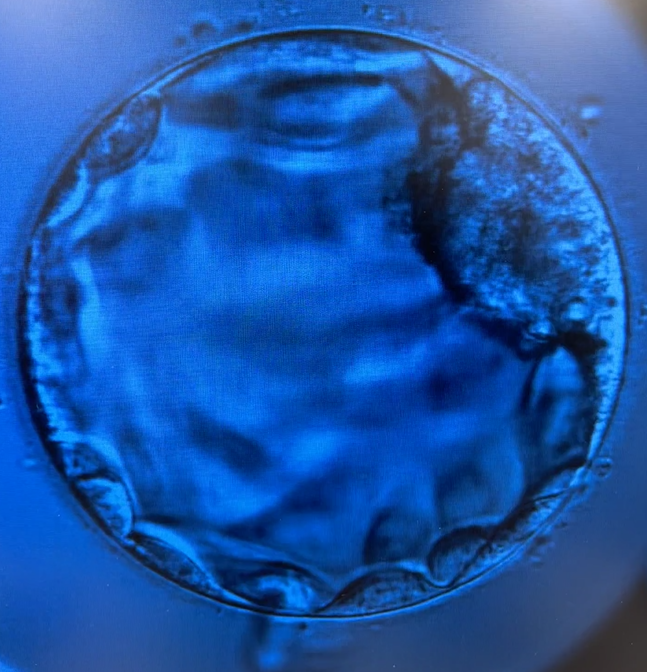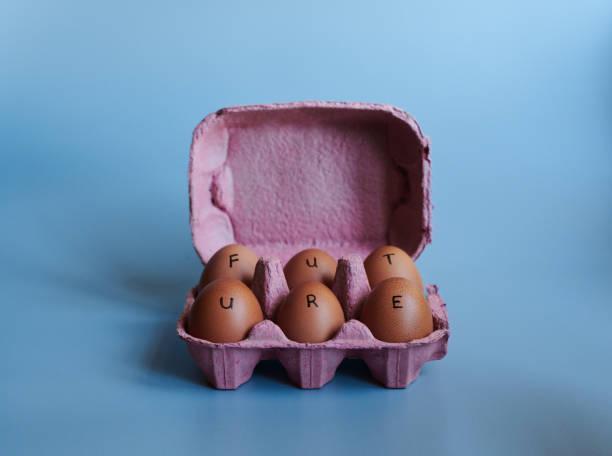Embryo Freezing

Embryo freezing is an established procedure in fertility clinics. It has been used successfully since the 1980’s and has resulted in the birth of hundreds of thousands of healthy babies worldwide. In more recent years embryo vitrification has taken over from slow freezing in most fertility clinics and has improved frozen/thawed embryo survival rates and their resulting pregnancy rates so that they are almost as high as when using fresh embryos. In fact, some scientists argue that it improves the rates over fresh cycles. At Concept we only use vitrification for both embryo and egg freezing.
Before embryos can be frozen they must be produced and this is virtually always done via an IVF cycle. In the normal course of events the woman is medicated to produce several eggs. These are then collected by a minor operation and taken to the IVF lab where they are fertilised and grown for a few days. Then they are either transferred back into the woman’s uterus or frozen. If there are too many to transfer back at once, and we normally recommend transferring only one, the extra ones can be frozen to use in a future cycle. This is called a Frozen Embryo Transfer cycle and is much simpler and cheaper than another full IVF cycle.
Embryo Freezing for Fertility Preservation
Sometimes people choose to freeze all their embryos rather than replace any of them. This may be for social reasons – they may wish to delay starting their family until later, they may wish to have a big family and decide to “lock-in” their current fertility, or it may be for medical reasons if they have an illness to deal with which could affect their fertility.
Once embryos are frozen, they cannot be stored or used without the consent of both parents (except in the case of donated sperm or eggs) so people should be wary of storing their embryos unless they are in a stable relationship. Consent can be withdrawn at any point up to the actual embryo transfer so single women or ones in a non-stable relationship may wish to consider freezing their eggs instead.
If people do not wish to start their families now, nor to store their embryos or eggs, they could consider egg donation at a later stage.

